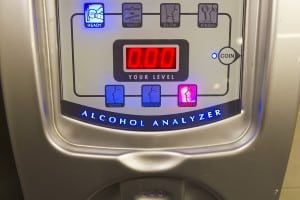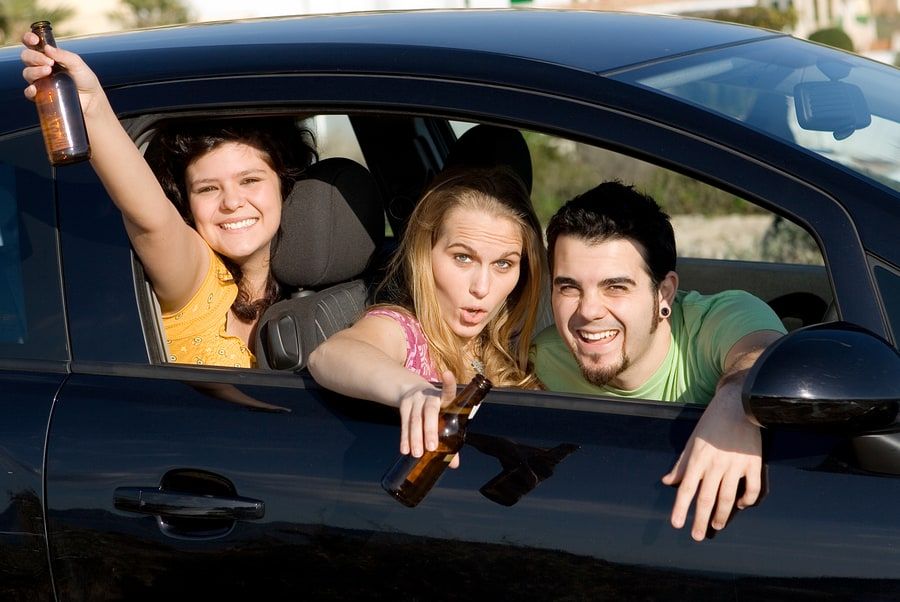 Many years ago, a bar top breathalyzer device was developed in order for bar patrons to test their ability to drive home safely. There are plenty of stories of people who used the devices wisely and did not drive home if their blood alcohol concentration (BAC) showed they were unsafe to drive. There might be even more stories about how the devices were used as a toy – the winner had the highest BAC. Still, there was a level of accuracy in these BAC machines that was questionable. And, it can be hard to take BAC seriously at a bar when facing a machine that has lights, sounds, and a coin slot. What should be taken seriously, however, is that BAC is a reliable method of determining intoxication, especially when you are faced with driving home after a few drinks.
Many years ago, a bar top breathalyzer device was developed in order for bar patrons to test their ability to drive home safely. There are plenty of stories of people who used the devices wisely and did not drive home if their blood alcohol concentration (BAC) showed they were unsafe to drive. There might be even more stories about how the devices were used as a toy – the winner had the highest BAC. Still, there was a level of accuracy in these BAC machines that was questionable. And, it can be hard to take BAC seriously at a bar when facing a machine that has lights, sounds, and a coin slot. What should be taken seriously, however, is that BAC is a reliable method of determining intoxication, especially when you are faced with driving home after a few drinks.
Blood alcohol concentration is typically made up of four factors, all of which contribute to the basis for your reading. Bearing in mind that there are other factors that can influence your reaction to any BAC level, there is a reason for the “one drink per hour” rule of thumb: it can keep you from drinking and driving.
- Your Weight: a combination of your metabolic rate, your body fat vs. muscle content, and your body type can all impact your BAC. Generally speaking, larger people are able to consume more alcohol than smaller people, and the more body fat you store, the more likely you will be affected more by drinking.
- Your Gender: women are more susceptible to the effects of alcohol due to body composition. Men have more of the liver enzyme that breaks down alcohol than women, and hormones like estrogen can cause women to feel intoxicated much faster, as well. Plus, women have less water in their bodies, creating less of a dilution of alcohol when compared to men.
- Amount of Alcohol Consumed: this seems obvious, but, the more alcohol you drink, the more intoxicated you will become.
- Amount of Time Spent Drinking: the longer you drink, the more likely you are to become intoxicated.
BAC is such a reliable measure of intoxication, it is used by police during traffic stops, and it is what is tested by car breathalyzers and ignition interlock devices for those already convicted of drinking and driving. Unlike the bartop models, car breathalyzers are much more reliable due to federal guidelines and the state-of-the-art technology within the devices. There are no reasons to ever “play games” with your BAC, and if you suspect that you may be too drunk to drive, skip the bartop machine and just call a taxi for a safe ride home.

 The Importance of Ignition Interlock Programs
The Importance of Ignition Interlock Programs